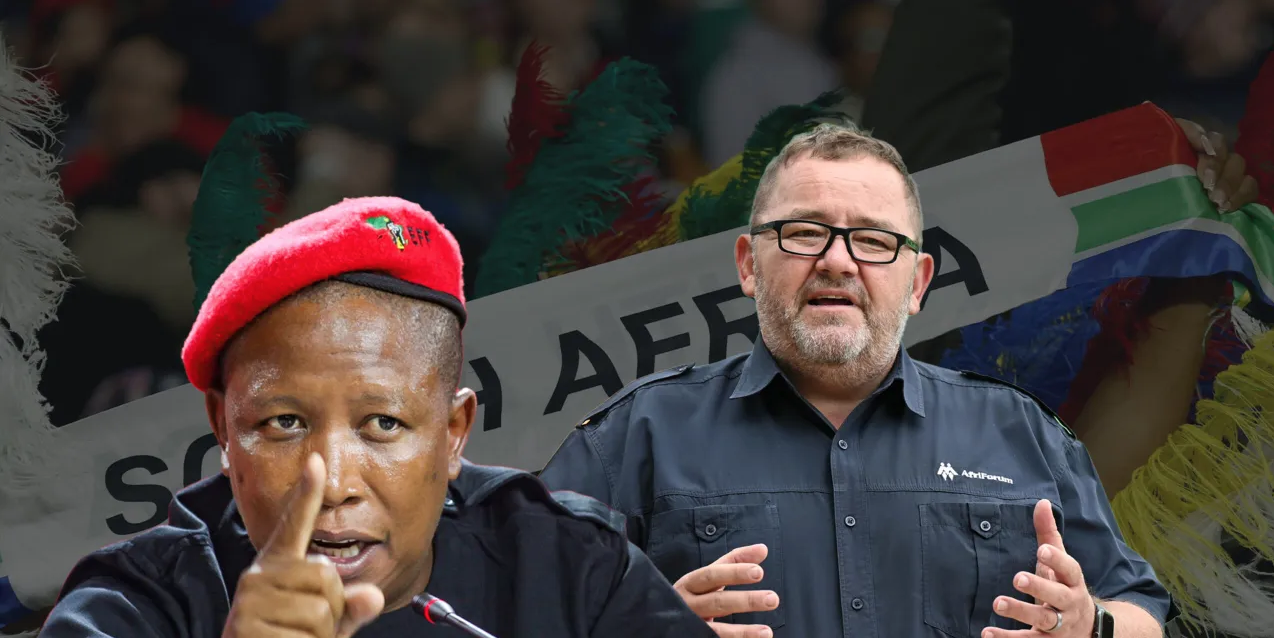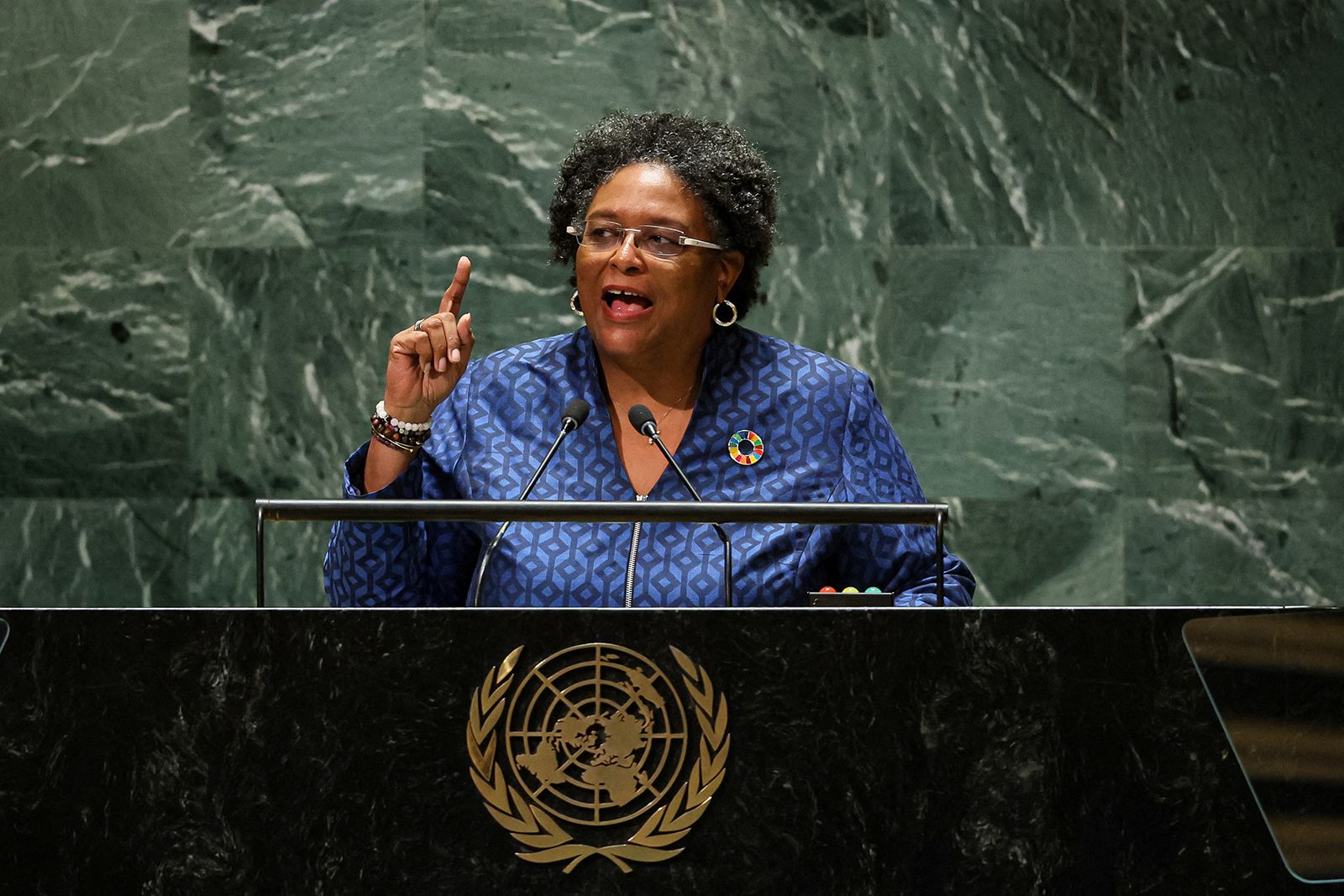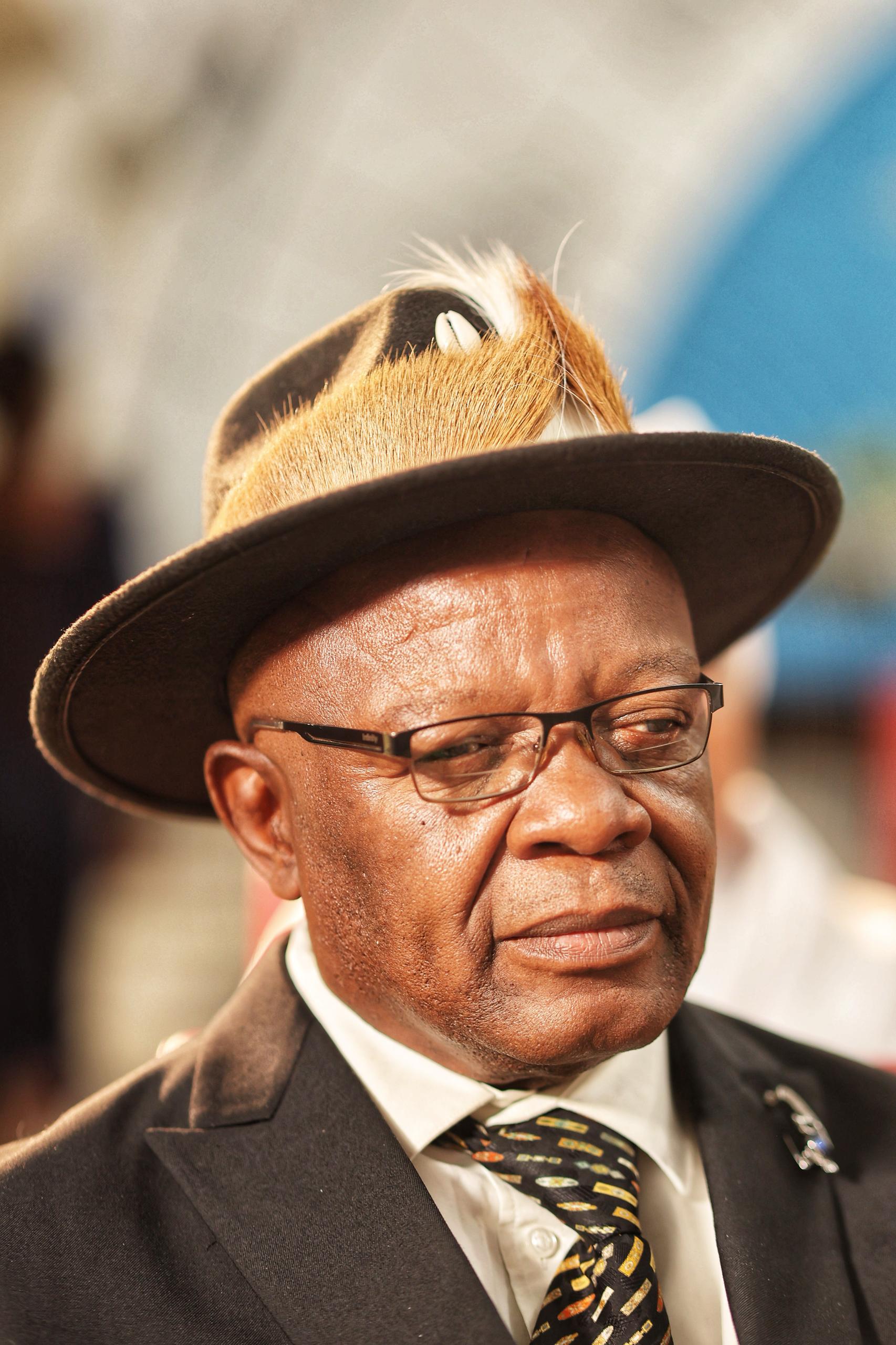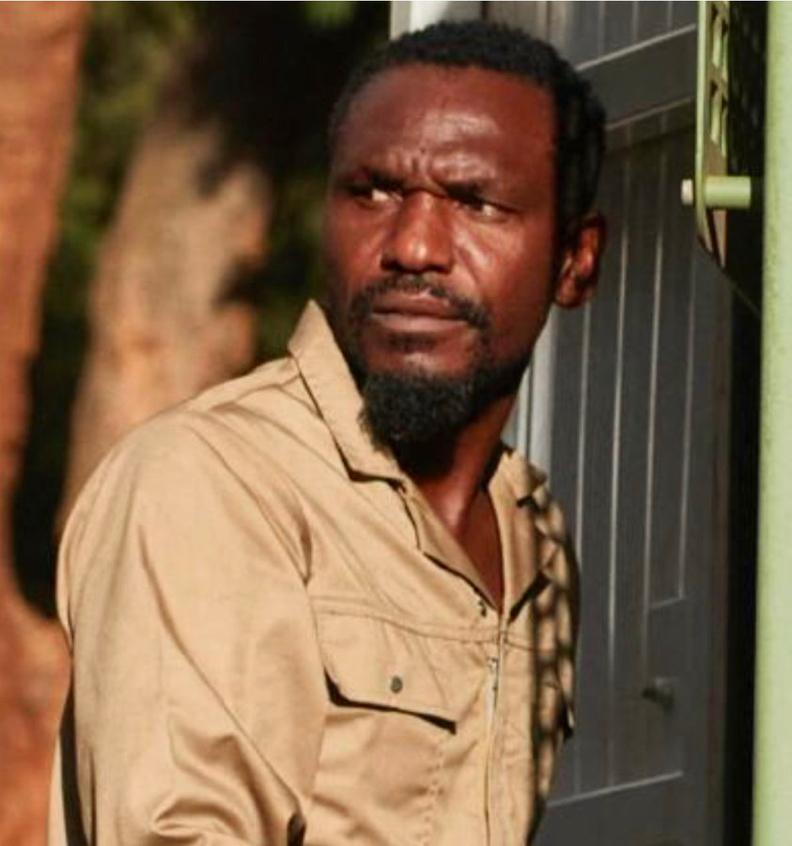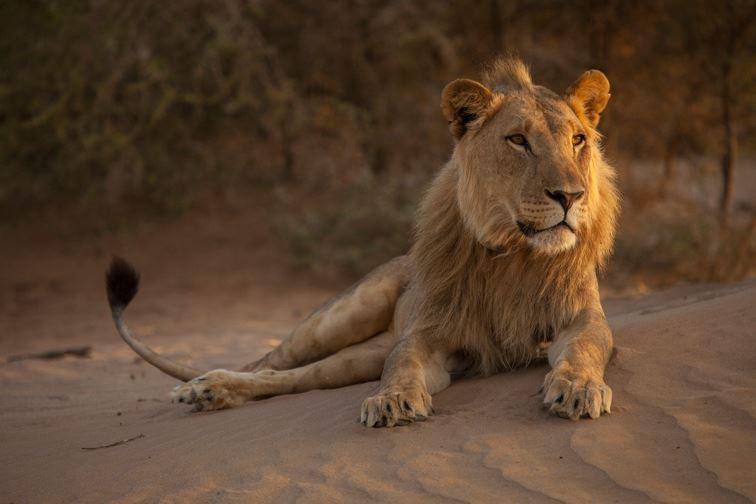Last week’s ruling by the Constitutional Court refusing to hear AfriForum’s appeal against an earlier judgment allowing the singing of the phrase ‘kill the boer’ – as well as Elon Musk’s obsessions – may now bring this issue to the fore again – and enable those at our extremes to continue to pull us apart.
‘The case of one song has turned into an unmitigated disaster that may just haunt South Africa for many years to come. It’s hard to think of any issue that has seen more irrationality, more fear, more anger and more thick-headedness than the songs containing the phrase ‘kill the boer’.”
I first wrote those words in this publication about 15 years ago. And it is with deep pain that I must report that our extremes have since only made the situation worse.
Julius Malema on one side, AfriForum on the other. They have dragged us here.
Last week, the Constitutional Court said it would not hear a further appeal brought by AfriForum against the singing of the song, Dubul’ Ibhunu. In August 2022, the Equality Court ruled the song could be sung by members of the EFF, as it did not constitute hate speech (the court referred to phrases such as “kill/kiss the boer” in its ruling, but not the name of the song per se).
This was the second case involving the song.
The first had its roots back in 2010, when Julius Malema, as leader of the ANC Youth League at the time, started singing it at public events.
Radical relevance
While courts have heard testimony about the roots of the song, its history, and how ANC members would use the song as a protest against the apartheid system (in a similar way to which Americans would use the phrase “stick it to the man” when meaning the “system”), in fact, it was not often used in the democratic era.
Even a veteran ANC leader such as Derek Hanekom, called on to testify in the case (presumably because of his ethnic identity), was hard-pressed to remember when he had heard it for the first time.
Before Malema started singing it in 2010, the last time the phrase “kill the boer” had been used in public was by an ANC Youth League leader before him, Peter Mokaba. Mokaba died in 2002, and the song may well have lapsed into obscurity.
In fact, when this reporter first heard Malema sing it, back in 2010, he was not aware of what the song was. And neither were most people around him.
At the time, Malema was looking to make a name for himself. He wanted to appear more radical than anyone else in the ANC.
To be clear, this was a deliberate choice. He wanted controversy. Then, as now, he craved attention – needed it, like a drug, to fuel a political career.
But for this to work, someone needed to oppose him. And it needed to be a group that would light a racial tinderbox.
While it’s impossible to know what would have happened if no one had said anything, it’s tempting to wonder. Perhaps Malema would have sung it a few more times and then given up. Perhaps nothing would have happened.
We will never know, because AfriForum took the bait.
They went to court, and through a long trial in 2011, both sides were heard.
This was just before the local elections in 2011, and it gave Malema the perfect opportunity to campaign. While the ANC still dominated our politics then, reminding voters of their racial identities still helped them. It may be hard to imagine now, but Cope had recently won one million votes from the ANC just two years before.
In fact, Malema then gave what was perhaps the quote of the ANC’s campaign that year, when he told the FNB stadium that “The DA is for white people, the ANC is for you”.
But, the real genius of Malema’s move at the time was that the ANC was pulled into supporting the song. Because it was a song about its history, and despite the fact Malema was facing a disciplinary process that would eventually see him expelled, the party felt it had to support him.
Of course, its leader at the time was then president Jacob Zuma. And towards the end of his time in office, he too tried to claim he was the victim of a racial conspiracy, just seven years later.
That said, there were figures in the ANC who tried to mitigate the damage.
At one press conference, then ANC secretary-general Gwede Mantashe and party spokesperson Jackson Mthembu stood up to sing the entire national anthem. The whole point was to remind journalists, and their audiences, that they too sang Die Stem from time to time.
It is one of the enduring tragedies of our politics that while so much has changed since those years, the controversy around this song has remained.
Insecurity and belonging
Malema is no longer in the ANC. Both he and Zuma now lead different political parties. Yet even now, these words have such power.
One reason that the controversy has endured is because AfriForum went to court again in 2020, this time to stop Malema singing it as EFF leader.
As was said at the time, Afriforum and the EFF were trying to tear us apart. Again.
This says much about the difficult nature of our history, about the influence it has on our present, and about how people feel about their place in South Africa now.
There appear to be no recent examples in which any ANC leaders have sung the song, and it was not a party in this most recent court case. But the damage has now been done.
While this has been playing out, other rulings have been made.
The Human Rights Commission has allowed Malema to say he was “slitting the throat of whiteness”, in reference to then Nelson Mandela Bay mayor Athol Trollip.
That same commission also allowed him to say, “We are not calling for the slaughtering of white people, at least for now”.
Along with other factors, this has led a group of white South Africans to feel completely insecure about their place in our society.
Read more: Julius Malema’s ‘Kill the Boer’ chant is a reflection of South Africa’s unresolved historical pain
While the lawyers and judges make important arguments based on constitutionality, our history, and the law, some people hear only one thing. That they are not allowed to display a flag, but someone else can say it’s not time for them to be slaughtered. Yet.
It is impossible to imagine that these comments would be allowed if they related to any other word than “whites” or “whiteness”.
While all of this has happened, more communities are getting their news through social media groups and WhatsApp. This means they are hearing fewer views from people they disagree with.
The net result of this may well be that they feel “othered”, that they are being treated as less than South African.
Harnessing fear
While it is true that AfriForum was responding to Malema, they have played an active role in this. They have fanned the flames, pushed the arguments to their boundaries.
It cannot be forgotten that they opposed the banning of the “gratuitous display” of the apartheid flag, arguing that people should have a right to display it where they want.
At the same time, they have used fear to grow their constituency. A fear that is now being harnessed by Donald Trump and others for their own purposes.
Malema has played an important role in this too. He sang it, he insisted on singing it. He may have the legal right to sing it, but that does not make him morally right.
And, like Trump, he has done it for his own selfish ends. Others have a responsibility, too.
The ANC, once the broad centre of our politics, could play a louder role, even now, in condemning those who sing the song. While its secretary-general Fikile Mbalula was correct to say last week there was no longer any justification to sing the words “kill the boer”, he also said the party would not water it down.
Perhaps other ANC leaders could find the words to make it clear it is morally wrong to sing it. But so should other voices at what is now the vanishing centre of our politics.
Instead, this issue is now going to be harnessed by Elon Musk, the person who owns the most divisive of social media platforms, who works for a person who has divided at least one nation and is now working on dividing the world.
And somehow, this song, these words, “kill the boer”, are going to play a role in that. DM
Stay informed with The Namibian – your source for credible journalism. Get in-depth reporting and opinions for
only N$85 a month. Invest in journalism, invest in democracy –
Subscribe Now!




